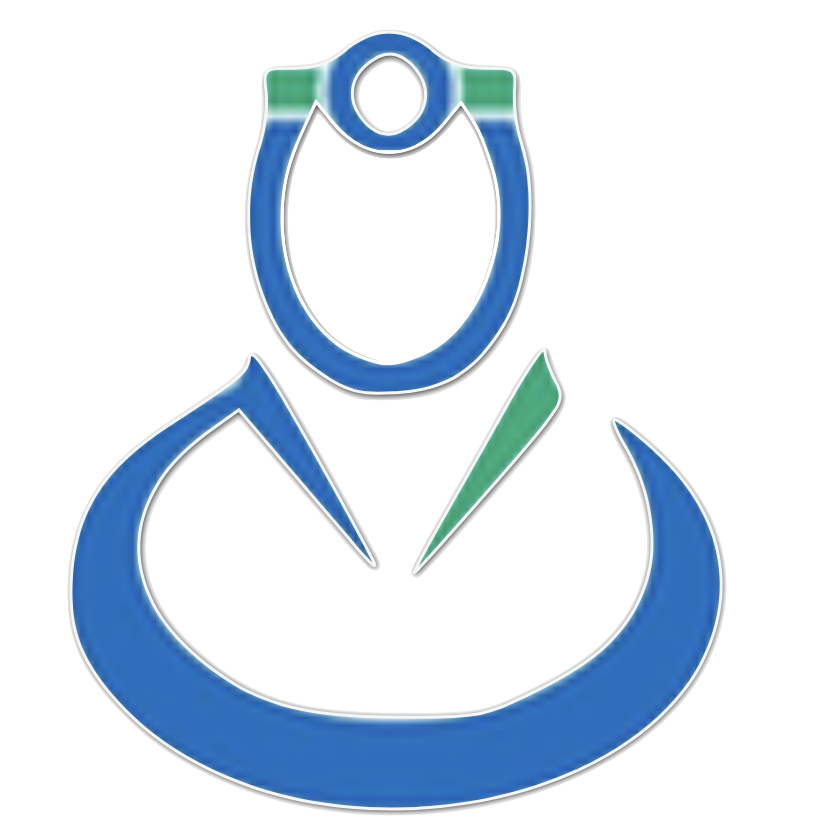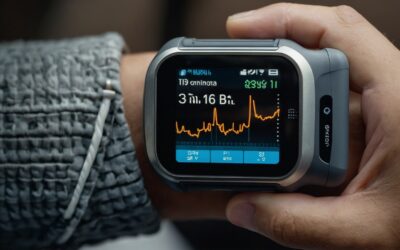Articles of Interest in Medical Informatics
Mobile Health (mHealth) Technology
Mobile Health (mHealth) Technology Mobile Health, or mHealth, refers to the use of mobile devices, such as smartphones, tablets, and wearable technology, to deliver healthcare services and support health-related activities. mHealth leverages the ubiquity and...
Cybersecurity for Health Data
Cybersecurity for Health Data In the rapidly evolving landscape of healthcare, the increasing reliance on digital technologies and the growing volume of sensitive health data have made cybersecurity a critical concern. As healthcare organizations collect, store, and...
Cloud Computing in Healthcare
Cloud Computing in Healthcare Cloud computing has emerged as a transformative technology in healthcare, offering a flexible, scalable, and cost-effective platform for storing, processing, and analyzing vast amounts of healthcare data. By leveraging cloud-based...
The Future of AI in Healthcare 2024
The Future of AI in Healthcare (2024 and Beyond) As we look ahead to 2024 and beyond, the integration of artificial intelligence (AI) in healthcare is expected to accelerate and evolve in several exciting directions. While the specifics of future developments are...
AI Ethics in Medicine
AI Ethics in Medicine As artificial intelligence (AI) becomes increasingly integrated into healthcare and medical practice, it is crucial to consider the ethical implications and challenges that arise from its use. AI in medicine has the potential to revolutionize...
Natural Language Processing for EHRs
Natural Language Processing (NLP) has undergone significant evolution in its application to Electronic Health Records (EHRs). NLP is a field of artificial intelligence that focuses on the interaction between computers and human language, enabling machines to...
Machine Learning for Medical Diagnosis
Machine Learning for Medical Diagnosis Machine learning (ML) is a subfield of artificial intelligence that focuses on developing algorithms that can learn from and make predictions or decisions based on data, without being explicitly programmed. In the context of...
An Introduction to AI in Healthcare
While the potential of AI in healthcare is vast, there are also significant challenges and ethical considerations to address. These include issues related to data privacy and security, algorithmic bias and fairness, regulatory oversight, and the need for human-AI collaboration and trust.
Telemedicine Use Cases and Specialties
Telemedicine Use Cases and Specialties Telemedicine has a wide range of applications across various medical specialties and care settings. Here are some examples of telemedicine use cases and specialties: 1. Primary Care: - Acute care visits for minor illnesses and...
Legal and Regulatory Considerations
Legal and Regulatory Considerations for Telemedicine in the USA Telemedicine is subject to various legal and regulatory requirements in the United States. These considerations are crucial for healthcare providers to ensure compliance, protect patient privacy, and...
Telemedicine Tools and Platforms
Telemedicine Use Cases and Specialties Telemedicine has a wide range of applications across various medical specialties and care settings. Here are some examples of telemedicine use cases and specialties: 1. Primary Care: - Acute care visits for minor illnesses and...
Setting Up a Telemedicine Practice
Setting Up a Telemedicine Practice Telemedicine has gained significant traction in recent years, offering a convenient and accessible way for patients to receive care remotely. If you're considering setting up a telemedicine practice, here are the key steps to follow:...
Interoperability and Health Information Exchange (HIE)
Interoperability and Health Information Exchange (HIE) are crucial components of a modern, connected healthcare system. They enable the secure, seamless sharing of patient data across different healthcare providers, facilities, and systems, leading to improved care...
Clinical Decision Support Systems (CDSS)
Clinical Decision Support Systems (CDSS) Clinical Decision Support Systems (CDSS) are computer-based tools that assist healthcare providers in making clinical decisions. They use data, knowledge, and algorithms to generate patient-specific recommendations, alerts, and...
Electronic Health Records (EHRs) Explained
Electronic Health Records (EHRs) Explained Electronic Health Records (EHRs) are digital versions of a patient's medical history, maintained by healthcare providers over time. They are a core component of health IT infrastructure and have largely replaced traditional...
The Importance of Data in Healthcare
The Importance of Data in Healthcare Healthcare is increasingly data-driven, with vast amounts of information generated from electronic health records, medical devices, and research activities. Here are some key reasons why data is so important in healthcare: 1....
Fundamentals of Medical Informatics
Fundamentals of Medical Informatics Medical Informatics is a multidisciplinary field that combines healthcare, information technology, and data science to improve patient care and optimize healthcare delivery. Here are some of the key fundamentals of Medical...
What are the Advantages of Telemedicine
Advantages of Telemedicine Telemedicine, the practice of providing healthcare services remotely using telecommunications technology, has gained significant traction in recent years. It offers numerous advantages for doctors, patients, and healthcare systems, including...


















